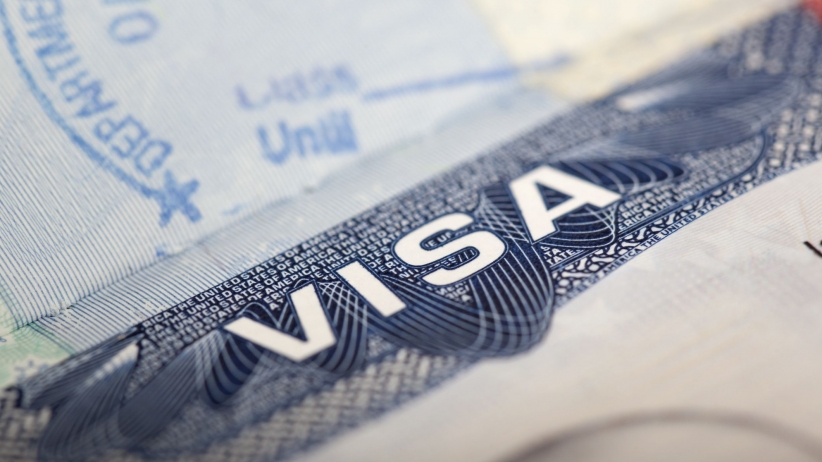
It’s difficult to have a calm immigration policy discussion following President Donald Trump’s January 27 executive order, which banned migrants from seven Muslim-majority countries. I felt, as an immigrant to the U.S., both the spirit and implementation of that order were discordant with the American values that convinced me to leave my family and move here. The next executive order could hit my new home, Silicon Valley, hard.
The administration has released a draft copy of an executive order that would overhaul the H-1B visa program, once a vital recruiting tool for American tech startups. The contents of the order remain unknown, but the stakes are high. Trump could throttle H-1Bs, exacerbate America’s tech talent shortage, and stifle innovation. Or, he could draw foreign engineers away from outsourcing firms and into fast-growing technology companies, which build products we all use and create new jobs for Americans.
Rather than join the chorus of outrage towards changing immigration policy, I want to focus on ways to make positive changes to the H-1B program. The H-1B overhaul is an opportunity, not a threat, if done correctly.
Beyond the rhetoric
I’m optimistic there’s potential for Trump to implement a positive H-1B plan. One of his allies, Congressman Darrell Issa (R-Vista), has a reasonable proposal that he introduced Jan. 4. H.R. 170, called the Protect and Grow American Jobs Act, would raise the minimum salary for exempt nonimmigrant H-1B workers from $60,000 to $100,000. It would also eliminate an exemption that allows companies to avoid the salary minimum if the candidate has a master’s degree or higher.
At least one Democrat shares Issa’s general perspective. On January 31, Congresswoman Zoe Lofgren (D-San Jose) introduced a more nuanced bill, The High-Skilled Integrity and Fairness Act of 2017. It would effectively raise the minimum exempt H-1B wage to $132,000, and its “market-based allocation” system would favor H-1B visas for candidates who are offered the highest wages, an indicator of their relative talent and value to the U.S. economy. Notably, the bill reserves 20 percent of the annual H-1B visas (now 85,000) for small and startup employers, defined as having 50 or fewer employees. Lofgren, too, calls for eliminating the master’s degree exemption.
There’s more to each bill, but based on those key points, I could see Issa and Lofgren reaching a bipartisan bill. They clearly have the same target: IT outsourcing firms.
The lottery flood
Ten years ago, when I moved from England to the Bay Area, startups were hiring exempt H-1Bs all the time. At my company Triplebyte, where we help businesses find technical talent, we’ve noticed that startups have stopped trying to hire H-1B workers.
H-1Bs are simply a bad bet for startups. In 2016, 236,000 foreigners applied for H-1Bs, but only 85,000 get visas each year. When the number of applicants exceeds the limit, the government resorts to a lottery. Twenty thousand of those slots are reserved for foreigners who…

